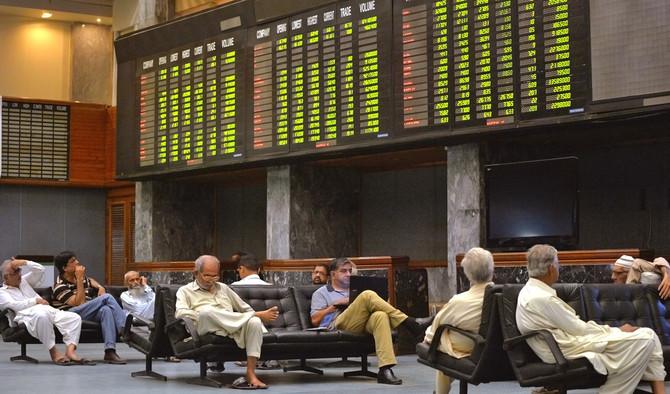Voluntary supply cuts by Saudi Arabia and Russia, which will be in place until the end of the year, are tightening markets globally and supporting prices, analysts said.

Singapore: Oil prices rose by over $1 on Friday as reports that the U.S military struck Iranian targets in Syria raised concerns of a widening of the Israel-Hamas conflict that could impact supply from the key Middle East producing region.
Brent crude futures for December rose $1.32, or 1.5%, to $89.25 a barrel. The U.S. West Texas Intermediate contract for December climbed $1.29, also 1.6%, to settle at $84.50 a barrel.
The strikes on two facilities in eastern Syria used by the Iran's Islamic Revolutionary Guard Corps and groups it backs was in response to recent attacks on U.S. troops in Iraq and Syria, the Pentagon said on Thursday. Those attacks have increased since the start of the Israel-Hamas conflict on October 07.
Though the strike did not directly impact supply, it increases fears that the conflict in the Gaza Strip between Israel, backed by the U.S., and Hamas may spread and disrupt supply from major crude producer Iran, which backs Hamas. A wider war could also impact shipments from Saudi Arabia, the world's largest oil exporter, and other large producers in the Gulf.
Both Brent and WTI are on track to post their first weekly drop in three weeks as the geopolitical premium built on these fears has ebbed as there has been no disruption of oil supply outside of the immediate region of the fighting.
“As a trader I'm going to have to say we are somewhat out of our league here - trying to ascribe a value to geopolitics when no meaningful supply has been disrupted outside of the Levant,” said Kelvin Yew, a senior oil trader at Ocean Leonid Investments.
Israeli forces carried out their biggest Gaza ground attack in their 20-day-old war with Hamas overnight, angering the Arab world.
Prime Minister Benjamin Netanyahu had said Israeli troops were still preparing for a full ground invasion, while the United States and other countries urged Israel to delay, fearing it could ignite hostilities on other Middle East fronts.
“... (It) remains incredibly difficult even for the most knowledgeable regional watchers to make high conviction calls about the trajectory of the current crisis as the redlines that could bring more players onto the battlefield remain largely indiscernible,” RBC Capital analyst Helima Croft said in a note.
Goldman Sachs analysts have kept their first quarter 2024 Brent crude price forecast at $95 a barrel but added that lower Iranian exports could cause baseline prices to rise by 5%.
Prices could jump 20% in the less likely scenario of an interruption of trade through the Strait of Hormuz where 17% of global oil production transit, they said in a note.
Voluntary supply cuts by Saudi Arabia and Russia, which will be in place until the end of the year, are tightening markets globally and supporting prices, analysts said.
SOURCE: REUTERS
Iconic Sultan Rahi's death anniversary observed today
- ایک دن قبل
Early wild card bets: How to bet Packers-Bears, Bills-Jaguars
- 14 گھنٹے قبل
Trump cancels second wave of attacks on Venezuela after cooperation
- ایک دن قبل

How the Minnesota fraud scandal could upend American child care
- 13 گھنٹے قبل
Germany plans measures to combat harmful AI image manipulation
- ایک دن قبل

Keep your home warm with the Google Nest Learning Thermostat, now only $230
- ایک دن قبل

Iraq shows interest in JF-17, Super Mushshak trainer aircraft: ISPR
- 3 گھنٹے قبل
PM approves policy framework to reform gemstones sector
- ایک دن قبل

Gold prices surge in Pakistan, global markets
- ایک دن قبل

MAHA’s latest offensive
- 13 گھنٹے قبل
Health Ministry, Roche ink agreement to supply free cancer medicines
- ایک دن قبل

Pak Navy conducts successful live firing of surface-to-air missile
- 2 گھنٹے قبل








